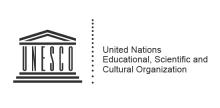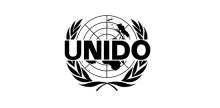MICT's mandate is to carry out a number of essential functions of the ICTR and the ICTY after the completion of their respective mandates.
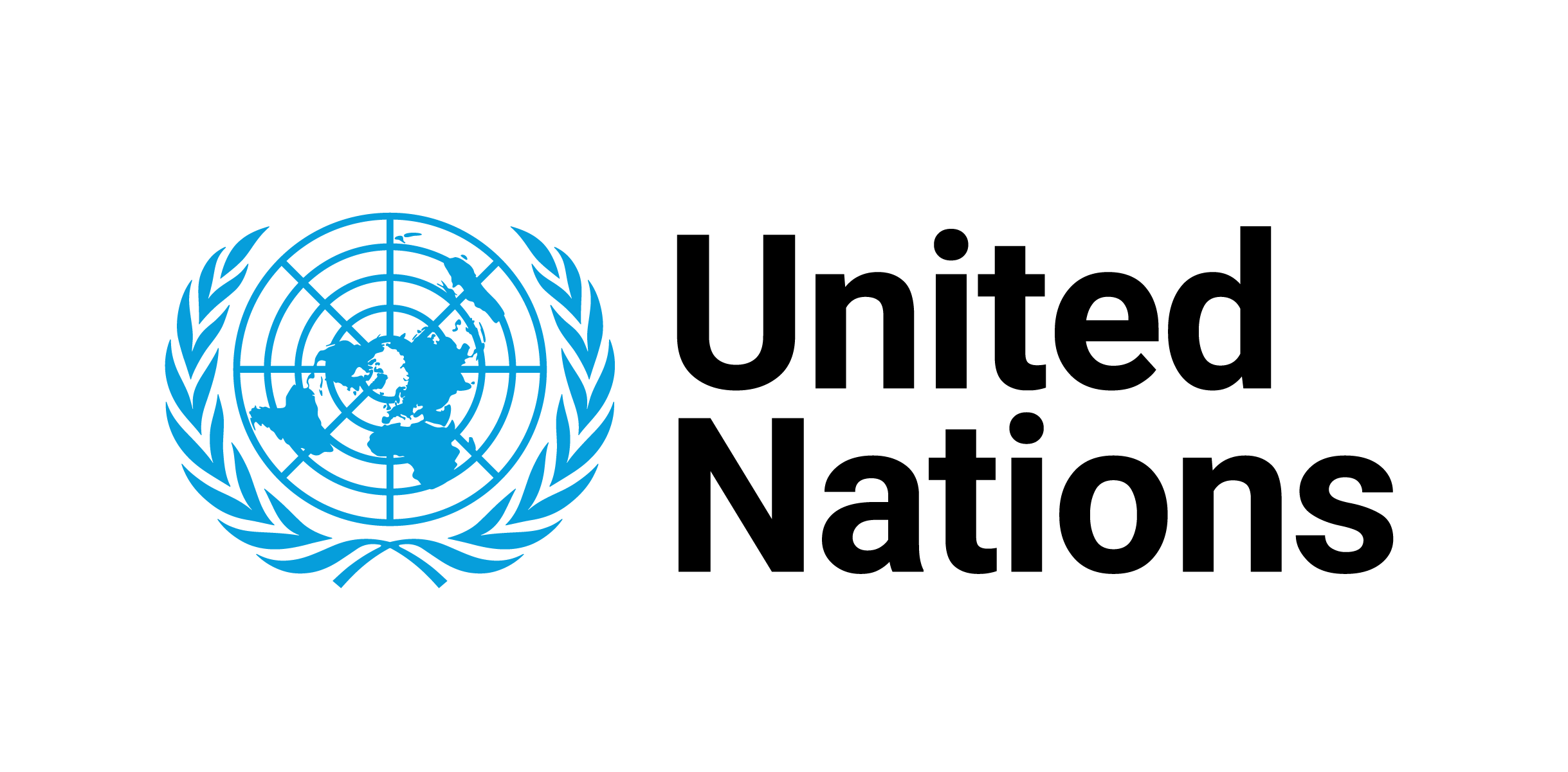
Agency
See all MICT publicationsThe OPCW is a fully-independent international organisation. The international community is using the Chemical Weapons Convention to eliminate the possibility of developing, producing, using, stockpiling or transferring these dreadful weapons forever.

Agency
See all OPCW publicationsThe UNA-USA (United Nations Association of the United States of America) is a membership program of the UN Foundation. It is dedicated to building understanding of and support for the ideals and work of the UN among the American people. Its education, membership and advocacy programs emphasize the importance of cooperation among nations and the need for American leadership at the UN.

Agency
See all UNA-USA publicationsThe Joint United Nations Programme on HIV and AIDS, or UNAIDS, is the main advocate for accelerated, comprehensive and coordinated global action on the HIV epidemic. The mission of UNAIDS is to lead, strengthen and support an expanded response to HIV and AIDS that includes preventing transmission of HIV, providing care and support to those already living with the virus, reducing the vulnerability of individuals and communities to HIV and alleviating the impact of the epidemic. UNAIDS seeks to prevent the HIV/AIDS epidemic from becoming a severe pandemic.
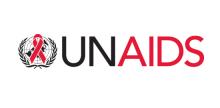
Agency
See all UNAIDS publicationsUnited Nations Commission on Human Security was established to promote public understanding, engagement and support of human security and its underlying imperatives; to develop the concept of human security as an operational tool for policy formulation and implementation; and to propose a concrete program of action to address critical and pervasive threats to human security.

Agency
See all UNCHS publicationsUNCTAD, established as The United Nations Conference on Trade and Development in 1964, announced its landmark rebranding as UN Trade and Development on April 9, 2024, to commemorate its 60th anniversary. UNCTAD promotes the development-friendly integration of developing countries into the world economy. UNCTAD has progressively evolved into an authoritative knowledge-based institution whose work aims to help shape current policy debates and thinking on development, with a particular focus on ensuring that domestic policies and international action are mutually supportive in bringing about sustainable development.
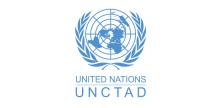
UNDEF was established by the UN Secretary-General in 2005 as a United Nations General Trust Fund to support democratization efforts around the world. UNDEF supports projects that strengthen the voice of civil society, promote human rights, and encourage the participation of all groups in democratic processes. The large majority of UNDEF funds go to local civil society organizations -- both in the transition and consolidation phases of democratization. In this way, UNDEF plays a novel and unique role in complementing the UN's traditional work -- the work with Governments -- to strengthen democratic governance around the world.
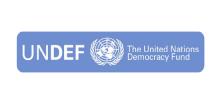
Agency
See all UNDEF publicationsUNDP (United Nations Development Programme) is the United Nations global development network, an organization advocating for change and connecting countries to knowledge, experience and resources to help people build a better life. We are on the ground in 177 countries, working with them on their own solutions to global and national development challenges.
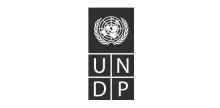
The United Nations Evaluation Group is a professional network that brings together the units responsible for evaluation in the UN system including the specialized agencies, funds, programmes and affiliated organisations.

Agency
See all UNEG publicationsUNEP, established in 1972, is the voice for the environment within the United Nations system. UNEP acts as a catalyst, advocate, educator and facilitator to promote the wise use and sustainable development of the global environment. To accomplish this, UNEP works with a wide range of partners, including United Nations entities, international organizations, national governments, non-governmental organizations, the private sector and civil society.
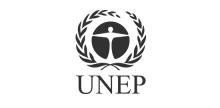
UNESCO works to create the conditions for dialogue among civilizations, cultures and peoples, based upon respect for commonly shared values. It is through this dialogue that the world can achieve global visions of sustainable development encompassing observance of human rights, mutual respect and the alleviation of poverty, all of which are at the heart of UNESCO’S mission and activities.
The United Nations Office for Partnerships serves as a gateway for partnership opportunities with the United Nations family. It promotes new collaborations and alliances in furtherance of the Millennium Development Goals (MDGs) and provides support to new initiatives of the Secretary-General. UNOP provides Partnership Advisory Services and Outreach to a variety of entities, as well as managing the United Nations Fund for International Partnerships (UNFIP), established by the Secretary-General in March 1998 to serve as the interface in the partnership between the UN system and the UN Foundation, and the United Nations Democracy Fund (UNDEF), established by the Secretary-General in July 2005 to support democratization throughout the world.

Agency
See all UNFIP publicationsUNFPA, the United Nations Population Fund, is an international development agency that promotes the right of every woman, man and child to enjoy a life of health and equal opportunity. UNFPA supports countries in using population data for policies and programmes to reduce poverty and to ensure that every pregnancy is wanted, every birth is safe, every young person is free of HIV/AIDS, and every girl and woman is treated with dignity and respect.
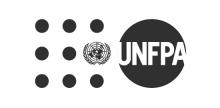
The UN Global Compact is a strategic policy initiative for businesses that are committed to aligning their operations and strategies with ten universally accepted principles in the areas of human rights, labour, environment and anti-corruption. By doing so, business, as a primary driver of globalization, can help ensure that markets, commerce, technology and finance advance in ways that benefit economies and societies everywhere.

Agency
See all UNGC publicationsThe UNICEF Innocenti Research Centre has as its prime objectives to improve international understanding of the issues relating to children’s rights, to promote economic policies that advance the cause of children, and to help facilitate full implementation of the Convention on the Rights of the Child universally.
UNICRI is a United Nations entity mandated to assist intergovernmental, governmental and non-governmental organizations in formulating and implementing improved policies in the field of crime prevention and criminal justice.
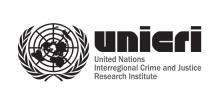
Agency
See all UNICRI publicationsThe United Nations Institute for Disarmament Research is a voluntarily funded autonomous institute within the United Nations. An impartial actor, the Institute generates ideas and promotes action on disarmament and security. Based in Geneva, UNIDIR is centrally positioned to assist the international community in developing the practical, innovative thinking needed to find solutions to the challenges of today and tomorrow.
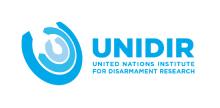
Agency
See all UNIDIR publications
